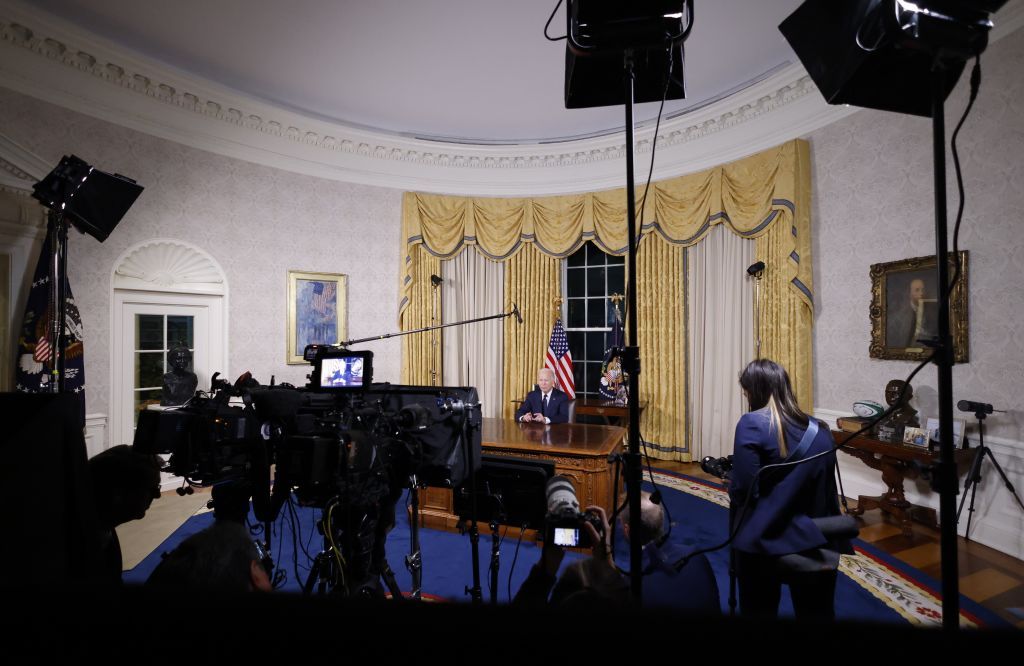White House accuses House Republicans of 'politicizing national security' after Israel, Ukraine aid separated

The White House warned U.S. House Republicans against "politicizing national security" after they introduced a bill that separates aid to Israel from assistance for Ukraine and proposes to fund the Israel aid by cutting funding for the Internal Revenue Service.
"Demanding offsets for meeting core national security needs of the United States — like supporting Israel and defending Ukraine from atrocities and Russian imperialism — would be a break with the normal, bipartisan process and could have devastating implications for our safety and alliances in the years ahead," the White House Press Secretary Karine Jean-Pierre said on Oct. 30.
Earlier the same day, House Republicans, led by Speaker Mike Johnson, unveiled a $14.3 billion standalone spending bill only for Israel, Bloomberg reported.
The plan leaves out aid to Ukraine and Taiwan as well as humanitarian assistance to civilians in Israel and Gaza that the White House requested in a $106 billion package on Oct. 20, according to Bloomberg.
The move may reportedly impede U.S. President Joe Biden's efforts to ensure U.S. support for both allies amid the growing opposition to aid to Kyiv within the Republican Party.
Calling the Republicans' bill a "nonstarter," Jean-Pierre said in a statement that there is "strong bipartisan agreement" in Congress that defense aid to Ukraine and humanitarian support to Gaza residents are in the U.S.'s "direct national security interest."
"Threatening to undermine American national security unless House Republicans can help the wealthy and big corporations cheat on their taxes—which would increase the deficit—is the definition of backwards," the press secretary added.
Johnson, a Republican Congressman from Louisiana, said he would like the funding requests for Ukraine and Israel to be considered separately a day after he was elected as the new House Speaker on Oct. 25, filling the seat left empty for weeks after the ousting of Kevin McCarthy.
One of ex-President Donald Trump's most loyal supporters in Congress, Johnson has been a critic of the delivery of aid to Ukraine. In May 2022, Johnson voted against a $40 billion aid package to Ukraine, claiming that his focus lies with solving domestic affordability challenges.















